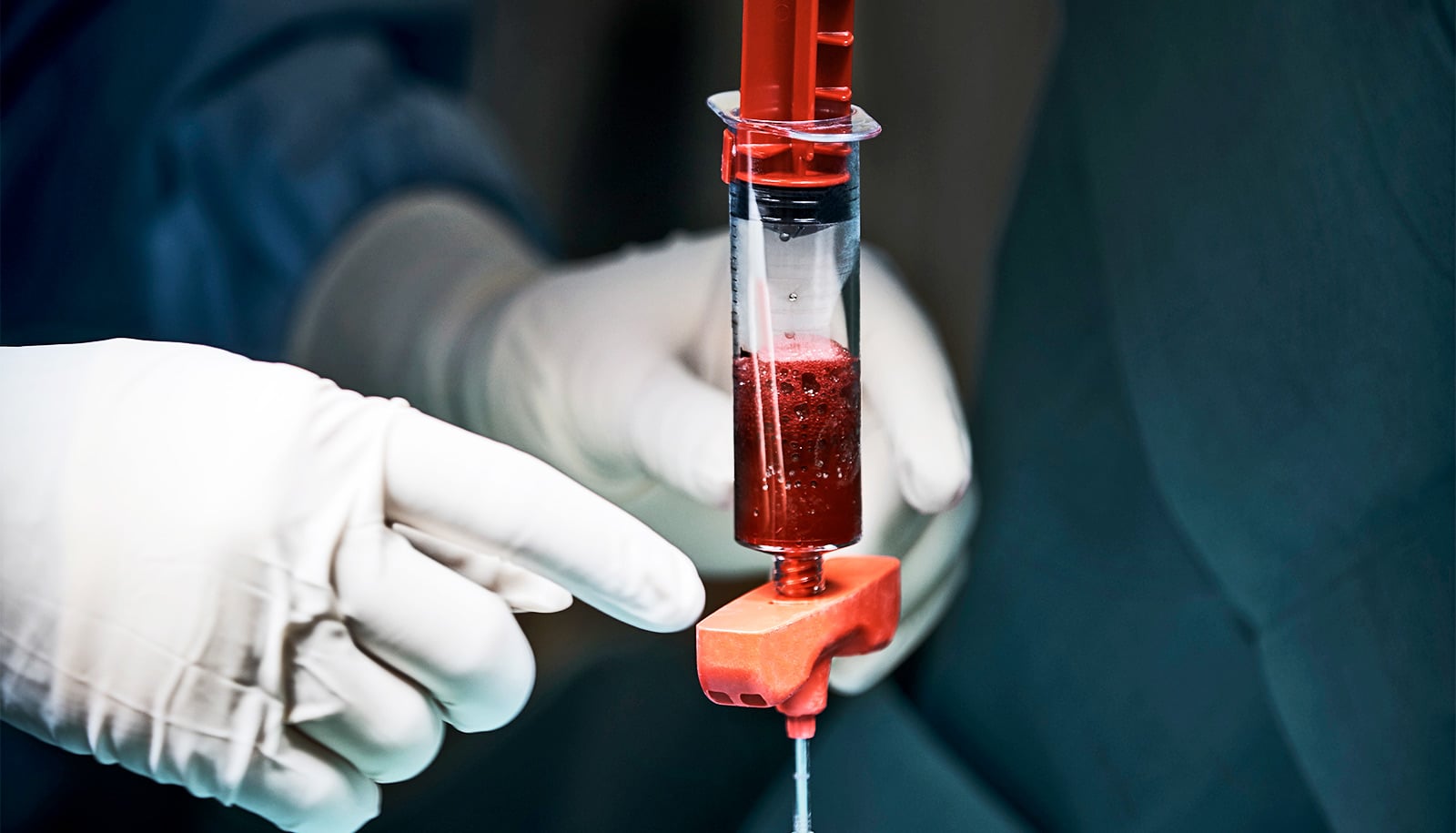Researchers have found potential treatments for two different types of a common complication following bone marrow transplantation.
A bone marrow transplant is a potentially curative treatment for leukemia and other blood cancers where a type of stem cell is transplanted from a donor into the patient.
However, a common complication for bone marrow transplants is called graft vs. host disease (GvHD) where the donated cells view the recipient’s cells as an unfamiliar threat and attack.
Acute GvHD happens shortly after a transplant and often affects the skin, intestines, or liver. Chronic GvHD can happen any time after transplantation and typically affects the skin, mouth, lungs, intestines, muscles, or joints.
In one recent study, researchers gave mice undergoing bone marrow transplantation a drug called Defibrotide, which is usually used to treat blocked blood vessels in the liver. They found the drug protected the cells that line the blood vessels, which are typically damaged in patients with acute GvHD.
“Treatment with Defibrotide resulted in significantly better survival with reduced acute GvHD,” says Senthilnathan Palaniyandi, an assistant professor at the University of Missouri School of Medicine. “Through its anti-inflammatory and endothelial protective effects, this treatment reduced the severity of acute GvHD while not impairing the transplanted immune cells fighting against the leukemia.”
In a separate study, the researchers targeted chronic GvHD. They found that introducing different types of BTK/ITK kinase inhibitors reduced the severity of chronic GvHD and increased survival in mice.
“We found a combination kinase inhibitor to be effective for skin disease from chronic GvHD,” says Gerhard Hildebrandt, division chief of hematology and medical oncology at the University of Missouri School of Medicine and director of MU Health Care’s Ellis Fischel Cancer Center.
“Mice treated with the combination kinase inhibitor showed significant reduction in chronic complications associated with bone marrow transplantation.”
These findings reveal that a drug that protects the cells that line the blood vessels shows effectiveness in reducing acute GvHD and that kinase inhibition shows promise as a treatment for chronic GvHD.
“Increasing our understanding of how to manage GvHD is essential to clinically effective bone marrow transplantation at our Ellis Fischel Cancer Center and elsewhere globally,” says Hildebrandt. “Our lab is one of just a small number focused intently on solving the puzzle of GvHD to make bone marrow transplantation more effective…”
The first study appears in Transplantation and Cellular Therapy. The second appears in Bone Marrow Transplantation.
Source: University of Missouri



